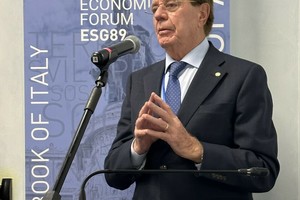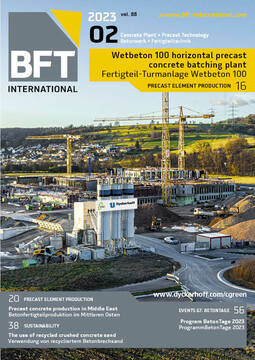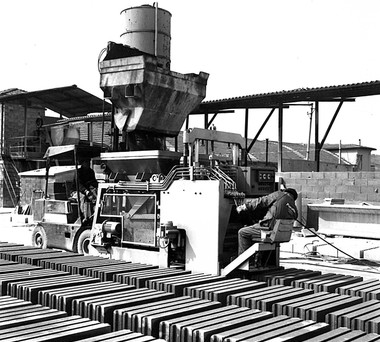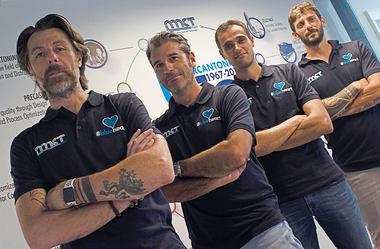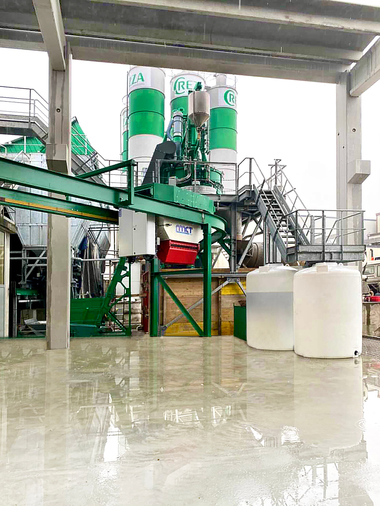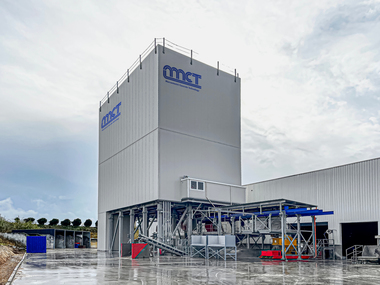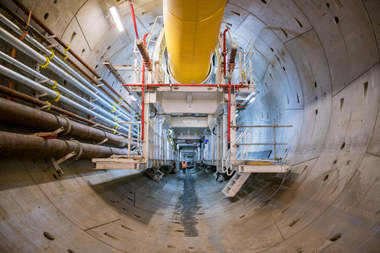A cultural revolution according to Lamberto Marcantonini
On 28 November 2022, at the European Commission Representative Office in Rome, Italy, a meeting was held between representatives of the institutions, the Italian government and Italian production sector. Speakers included representatives from business, finance and trade unions, such as MEP Luisa Regimenti, Vice-Chairman of the EPP in Brussels, Vice-President of the Senate Maurizio Gasparri, and the ministers Alessandro Battilocchio, Erika Mazzetti and Raffaele Nevi. The Forum discussions, moderated by Giovanni Giorgetti, president of ESG89, were opened by Antonio Tajani, the Minister of Foreign Affairs and International Cooperation.
There were basically three topics tabled for discussion: Europe as a place of democratic sharing; sustainable energy and development - another hot topic on the European and Italian agenda; export and digitization - two major drivers of the current domestic economy. Among the many contributions to the debate on the subject, attention is focused on what the founder, Lamberto Marcantonini, said.
Lamberto, focused on the future as always, invites to reflect on a far from trivial issue: „We need to stop living in the ‘here and now’ and start thinking about how to act in terms of managing energy resources in the medium/long-term.“
Energy and development
The current economic situation and rising gas costs are bringing about a real cultural revolution. If MCT cannot (at least, not yet) completely replace fossil fuels with natural sources, then the company needs to learn how to reduce waste. In the industrial world, as well.
But this alone is not enough. Lamberto also urges to learn how to use energy from natural sources when available and, where possible, implement strategies for storage and reuse to replace obsolete batteries.
A keen observer of reality, the founder touched on some very “hot” topics. MCT needs to rethink our way of working, consuming and producing whilst simultaneously investing in research and development of technologies that genuinely make renewable energy more efficient (to meet the demands of manufacturers) and more attractive for everyone (which is what our planet deserves).
„If not, we will always be forced to work in emergency mode, chasing after resources that are gradually running out and harmful to the environment, or do not yet meet our needs. The invitation, therefore, is to start looking ahead and imagining the future that we would like to be part of and to hand over to our children“, Lamberto concludes.

